Home>Furniture & Design>Bathroom Accessories>How To Get Hard Water Stains Off Bathtub
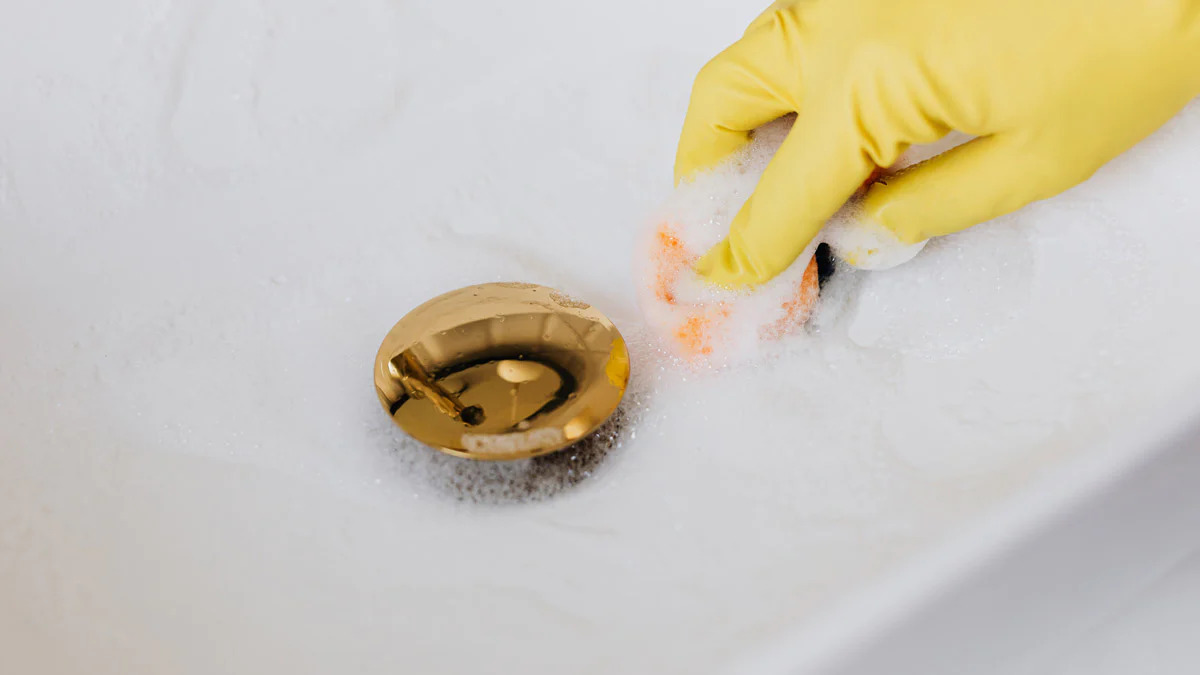

Bathroom Accessories
How To Get Hard Water Stains Off Bathtub
Modified: October 19, 2024
Learn effective methods to remove hard water stains from your bathtub using bathroom accessories. Say goodbye to stubborn stains with our expert tips!
(Many of the links in this article redirect to a specific reviewed product. Your purchase of these products through affiliate links helps to generate commission for Storables.com, at no extra cost. Learn more)
Introduction
Dealing with hard water stains on your bathtub can be a frustrating and challenging task. These stubborn mineral deposits can accumulate over time, leaving unsightly marks and making your bathtub appear dirty and unkempt. However, with the right knowledge and techniques, you can effectively remove hard water stains and restore the pristine look of your bathtub.
Hard water stains are caused by the mineral content in water, particularly calcium and magnesium. When water evaporates, these minerals are left behind, creating a thin film on the surface of the bathtub. Over time, this film can harden and become increasingly difficult to remove, leading to the formation of stubborn stains.
In addition to their unattractive appearance, hard water stains can also affect the functionality of your bathtub. They can make the surface slippery, posing a safety hazard, and may even cause damage if left untreated for an extended period.
Fortunately, there are various methods and remedies available to tackle hard water stains and restore your bathtub to its former glory. From commercial cleaning products to natural remedies using household ingredients, there are numerous options to consider. By understanding the nature of hard water stains and the most effective removal techniques, you can take proactive steps to maintain a clean and inviting bathtub.
In the following sections, we will delve into the intricacies of hard water stains, explore different methods for removing them, and discuss natural remedies that can be used to tackle these stubborn marks. Additionally, we will provide insights into preventive measures to minimize the recurrence of hard water stains, allowing you to enjoy a pristine and well-maintained bathtub for years to come.
Key Takeaways:
- Say goodbye to hard water stains on your bathtub by using natural remedies like vinegar, lemon juice, and baking soda. Prevent future stains with regular cleaning, squeegeeing, and water softening systems.
- Combat hard water stains with eco-friendly solutions like vinegar and baking soda paste, lemon juice, and borax. Keep your bathtub pristine by squeegeeing, using water softening systems, and applying protective coatings.
Understanding Hard Water Stains
Hard water stains, also known as limescale or mineral deposits, are a common nuisance in many households. These stubborn marks are caused by the mineral content present in hard water, particularly calcium and magnesium. When water containing these minerals comes into contact with surfaces such as bathtubs, sinks, and faucets, it can leave behind a thin, chalky residue as it evaporates. Over time, this residue hardens and forms unsightly stains that can be challenging to remove.
The appearance of hard water stains can vary, ranging from white, chalky marks to more stubborn, brownish discoloration. In addition to their unattractive appearance, hard water stains can also affect the functionality of surfaces. For instance, in a bathtub, these stains can make the surface feel rough and unpleasant, and they may even cause the tub to appear dirty and unkempt.
The mineral content in hard water can vary depending on the geographical location and the source of the water supply. Areas with high mineral content in their water supply are more prone to experiencing hard water stains. Additionally, factors such as the frequency of water usage and the presence of soap scum can exacerbate the formation of these stains.
It's important to note that hard water stains are not only a cosmetic issue but can also impact the longevity of surfaces. If left untreated, these mineral deposits can build up over time, leading to potential damage and deterioration of the affected surfaces.
Understanding the nature of hard water stains is crucial in determining the most effective methods for their removal. By recognizing the composition of these stains and the factors contributing to their formation, you can implement targeted strategies to eliminate them and prevent their recurrence.
In the following sections, we will explore various methods and remedies for removing hard water stains, as well as preventive measures to keep your bathtub and other surfaces free from these stubborn mineral deposits.
Methods for Removing Hard Water Stains
When it comes to tackling hard water stains on your bathtub, there are several effective methods for removing these stubborn marks. From commercial cleaning products to DIY solutions, each approach offers unique benefits for restoring the pristine look of your bathtub. Here are some tried-and-tested methods for removing hard water stains:
-
Vinegar and Baking Soda: A popular and eco-friendly solution, a mixture of vinegar and baking soda can work wonders in removing hard water stains. Start by creating a paste using equal parts of vinegar and baking soda. Apply the paste to the stained areas of the bathtub and let it sit for at least 15-20 minutes. Then, scrub the surface with a non-abrasive sponge or brush, and rinse thoroughly with water. The acidic properties of vinegar help dissolve the mineral deposits, while the abrasive action of baking soda aids in scrubbing away the stains.
-
Lemon Juice: The natural acidity of lemon juice makes it an effective remedy for combating hard water stains. Simply cut a lemon in half and rub it directly onto the stained areas of the bathtub. Allow the lemon juice to sit for a few minutes before scrubbing the surface with a sponge or cloth. The citric acid in the lemon helps break down the mineral deposits, making it easier to remove the stains.
-
Commercial Cleaners: There are numerous commercial cleaning products specifically formulated for removing hard water stains. These cleaners often contain powerful ingredients designed to dissolve and lift the mineral deposits from the surface of the bathtub. When using commercial cleaners, it's essential to follow the manufacturer's instructions carefully and ensure proper ventilation in the bathroom. Additionally, consider choosing a cleaner that is safe for the specific material of your bathtub.
-
White Vinegar Soak: For particularly stubborn hard water stains, a white vinegar soak can be highly effective. Fill the bathtub with hot water, ensuring that the stained areas are fully submerged. Add a generous amount of white vinegar to the water and allow the bathtub to soak for several hours or overnight. The acidic nature of the vinegar will help break down the mineral deposits, making it easier to scrub away the stains.
-
Borax Paste: Borax, a naturally occurring mineral compound, can be used to create a powerful cleaning paste for tackling hard water stains. Mix borax with a small amount of water to form a paste, then apply it to the stained areas of the bathtub. Allow the paste to sit for a while before scrubbing the surface and rinsing thoroughly. Borax's abrasive properties, combined with its ability to soften water, make it an effective solution for removing tough mineral deposits.
By employing these methods, you can effectively remove hard water stains from your bathtub and restore its pristine appearance. Whether you opt for natural remedies or commercial cleaners, taking proactive steps to address hard water stains will ensure that your bathtub remains clean, inviting, and free from unsightly mineral deposits.
Natural Remedies for Hard Water Stains
When it comes to combating hard water stains on your bathtub, natural remedies offer a safe, eco-friendly, and cost-effective alternative to commercial cleaning products. These remedies harness the power of common household ingredients to effectively dissolve and remove stubborn mineral deposits, restoring the pristine look of your bathtub. Here are some natural remedies that can help you tackle hard water stains with ease:
Vinegar and Baking Soda
The combination of vinegar and baking soda is a powerhouse when it comes to natural cleaning. To use this remedy, create a paste by mixing equal parts of vinegar and baking soda. Apply the paste to the stained areas of the bathtub and allow it to sit for at least 15-20 minutes. The acidic properties of vinegar work to dissolve the mineral deposits, while the abrasive action of baking soda aids in scrubbing away the stains. After the designated time, scrub the surface with a non-abrasive sponge or brush, then rinse thoroughly with water. This natural remedy not only effectively removes hard water stains but also leaves your bathtub sparkling clean.
Read more: How To Get Rust Stains Off A Bathtub
Lemon Juice
Lemon juice, with its natural acidity, is a versatile and effective remedy for combating hard water stains. Simply cut a lemon in half and rub it directly onto the stained areas of the bathtub. The citric acid in the lemon works to break down the mineral deposits, making it easier to remove the stains. Allow the lemon juice to sit for a few minutes before scrubbing the surface with a sponge or cloth. This natural remedy not only helps in removing hard water stains but also leaves behind a fresh, citrusy scent, adding a pleasant aroma to your bathroom.
White Vinegar Soak
For particularly stubborn hard water stains, a white vinegar soak can work wonders. Fill the bathtub with hot water, ensuring that the stained areas are fully submerged. Add a generous amount of white vinegar to the water and allow the bathtub to soak for several hours or overnight. The acidic nature of the vinegar will penetrate and break down the mineral deposits, making it easier to scrub away the stains. After the soak, scrub the surface with a non-abrasive sponge or brush, then rinse thoroughly with water. This natural remedy is not only effective but also requires minimal effort, making it a convenient solution for removing tough hard water stains.
Borax Paste
Borax, a naturally occurring mineral compound, can be used to create a powerful cleaning paste for tackling hard water stains. Mix borax with a small amount of water to form a paste, then apply it to the stained areas of the bathtub. Allow the paste to sit for a while before scrubbing the surface and rinsing thoroughly. Borax's abrasive properties, combined with its ability to soften water, make it an effective solution for removing tough mineral deposits. This natural remedy not only helps in removing hard water stains but also acts as a gentle abrasive, leaving your bathtub looking clean and refreshed.
By utilizing these natural remedies, you can effectively remove hard water stains from your bathtub while minimizing the use of harsh chemicals. These eco-friendly solutions not only provide a safe and sustainable approach to cleaning but also ensure that your bathtub remains free from unsightly mineral deposits, allowing you to enjoy a clean and inviting bathing experience.
Preventing Hard Water Stains
Preventing hard water stains is essential for maintaining the pristine appearance of your bathtub and minimizing the need for frequent cleaning. By implementing proactive measures, you can effectively reduce the formation of mineral deposits and prolong the cleanliness of your bathtub. Here are some practical strategies to prevent hard water stains:
Read more: How To Get Rid Of Water Stains In A Bathtub
Regular Maintenance
Consistent and thorough cleaning of your bathtub is crucial for preventing the buildup of hard water stains. Establish a regular cleaning routine using mild, non-abrasive cleaners to remove any residual mineral deposits and soap scum. By staying proactive with maintenance, you can prevent the accumulation of stubborn stains and maintain the overall cleanliness of your bathtub.
Squeegee After Use
After each use of the bathtub, consider using a squeegee to remove excess water from the surfaces. This simple yet effective practice helps minimize the opportunity for mineral deposits to form as the water evaporates. By reducing the presence of standing water, you can significantly decrease the likelihood of hard water stains developing on the bathtub surface.
Water Softening Systems
Investing in a water softening system can be a long-term solution for preventing hard water stains throughout your home. These systems work by removing the minerals that cause water hardness, such as calcium and magnesium, before the water reaches your plumbing fixtures. By installing a water softener, you can significantly reduce the occurrence of mineral deposits, leading to cleaner and stain-free surfaces, including your bathtub.
Ventilation
Proper ventilation in the bathroom is essential for minimizing the buildup of moisture, which can contribute to the formation of hard water stains. Ensure that your bathroom is well-ventilated during and after bathing to allow excess moisture to dissipate. Consider using exhaust fans or opening windows to promote air circulation, thereby reducing the potential for mineral deposits to form on the bathtub surface.
Read more: How To Get Water Stains Off Of Glass
Protective Coatings
Consider applying a protective coating or sealant to the surface of your bathtub to create a barrier against hard water stains. There are various products available specifically designed to protect surfaces from mineral deposits and other forms of water damage. By applying a protective coating, you can safeguard your bathtub and make it easier to clean, reducing the impact of hard water stains.
By incorporating these preventive measures into your regular maintenance routine, you can effectively minimize the occurrence of hard water stains and prolong the cleanliness and appearance of your bathtub. Taking proactive steps to prevent mineral deposits from forming will not only reduce the need for frequent cleaning but also ensure that your bathtub remains a pristine and inviting space for relaxation and rejuvenation.
Conclusion
In conclusion, dealing with hard water stains on your bathtub can be a persistent challenge, but with the right knowledge and proactive measures, you can effectively combat these stubborn mineral deposits. Understanding the nature of hard water stains and their impact on the appearance and functionality of your bathtub is crucial in implementing targeted strategies for removal and prevention.
By exploring various methods for removing hard water stains, including natural remedies and commercial cleaners, you can restore the pristine look of your bathtub and ensure a clean and inviting bathing experience. The use of household ingredients such as vinegar, baking soda, lemon juice, and borax offers eco-friendly and cost-effective solutions for tackling hard water stains, while commercial cleaners provide powerful options for addressing stubborn mineral deposits.
Furthermore, the implementation of preventive measures is essential for minimizing the recurrence of hard water stains and prolonging the cleanliness of your bathtub. Regular maintenance, squeegeeing after use, investing in water softening systems, ensuring proper ventilation, and applying protective coatings are practical strategies that can significantly reduce the formation of mineral deposits, preserving the aesthetic appeal of your bathtub.
By taking a proactive approach to addressing hard water stains and implementing preventive measures, you can maintain a clean, inviting, and well-maintained bathtub for years to come. Whether utilizing natural remedies or commercial cleaners, the key lies in understanding the nature of hard water stains and employing targeted techniques to effectively remove and prevent their occurrence.
In essence, by arming yourself with the knowledge and tools to combat hard water stains, you can ensure that your bathtub remains a pristine and rejuvenating space, free from the unsightly marks of mineral deposits. With a proactive mindset and the right strategies in place, you can enjoy a clean and inviting bathing experience, free from the frustrations of hard water stains.
Frequently Asked Questions about How To Get Hard Water Stains Off Bathtub
Was this page helpful?
At Storables.com, we guarantee accurate and reliable information. Our content, validated by Expert Board Contributors, is crafted following stringent Editorial Policies. We're committed to providing you with well-researched, expert-backed insights for all your informational needs.
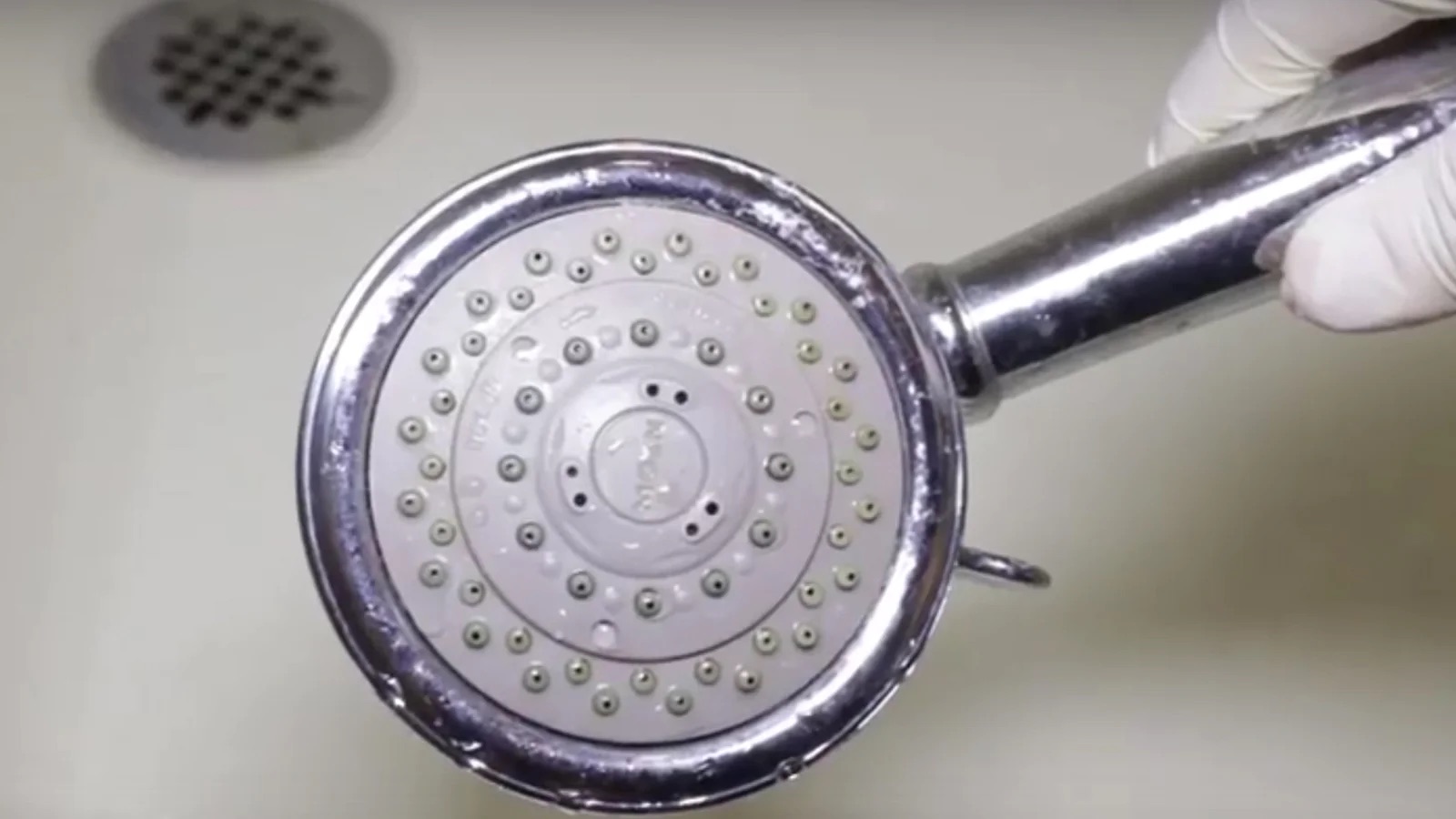
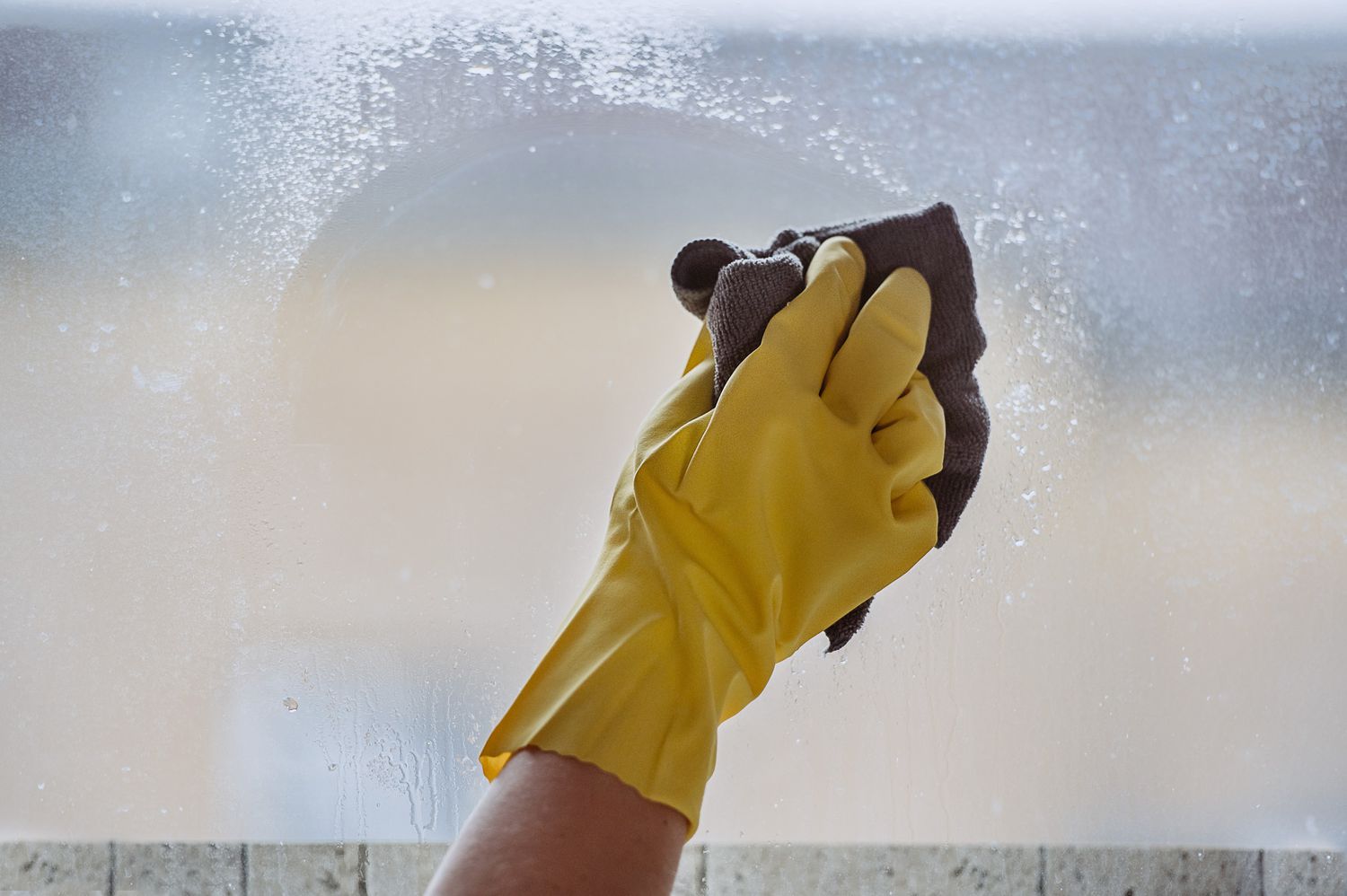
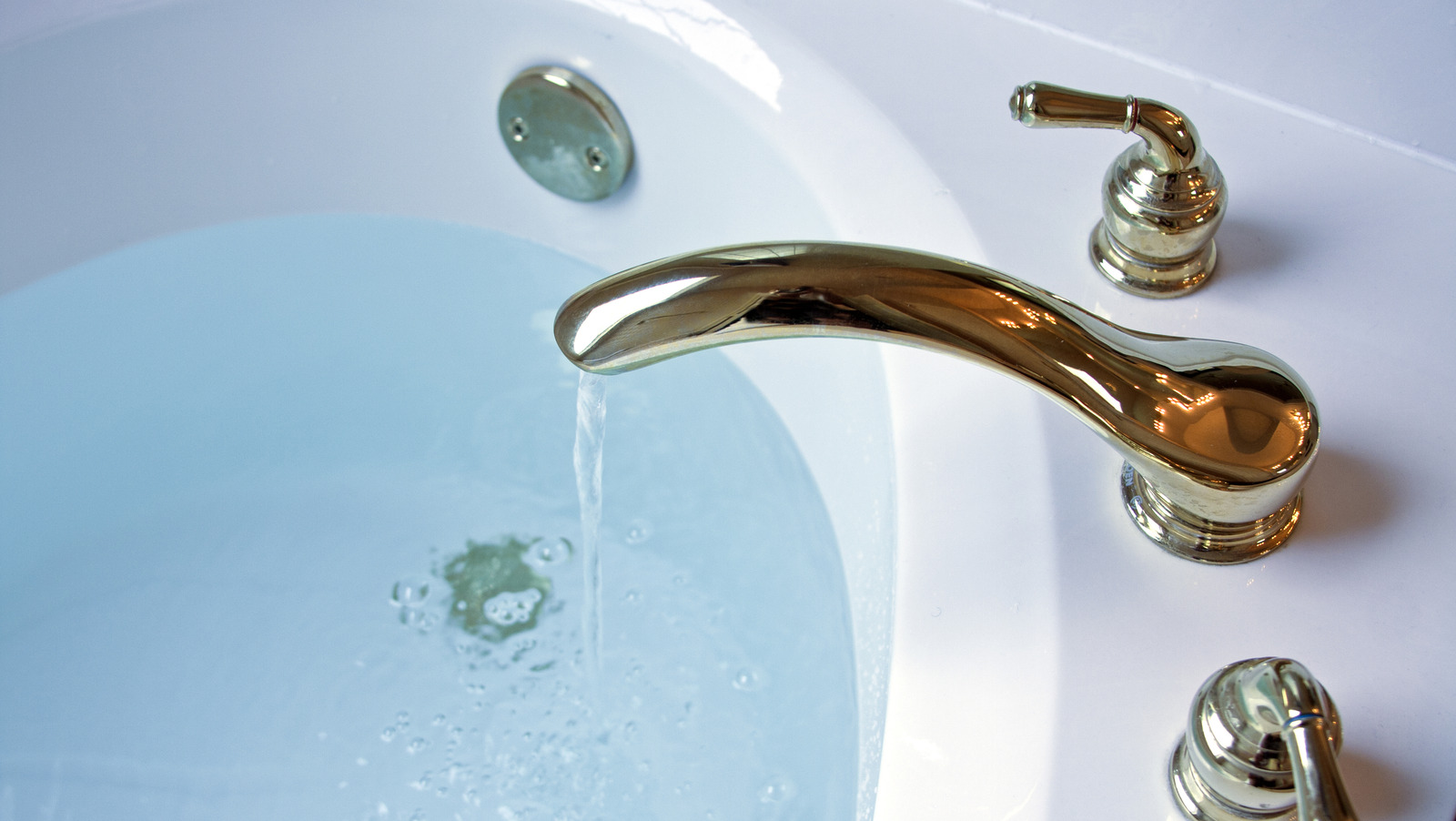
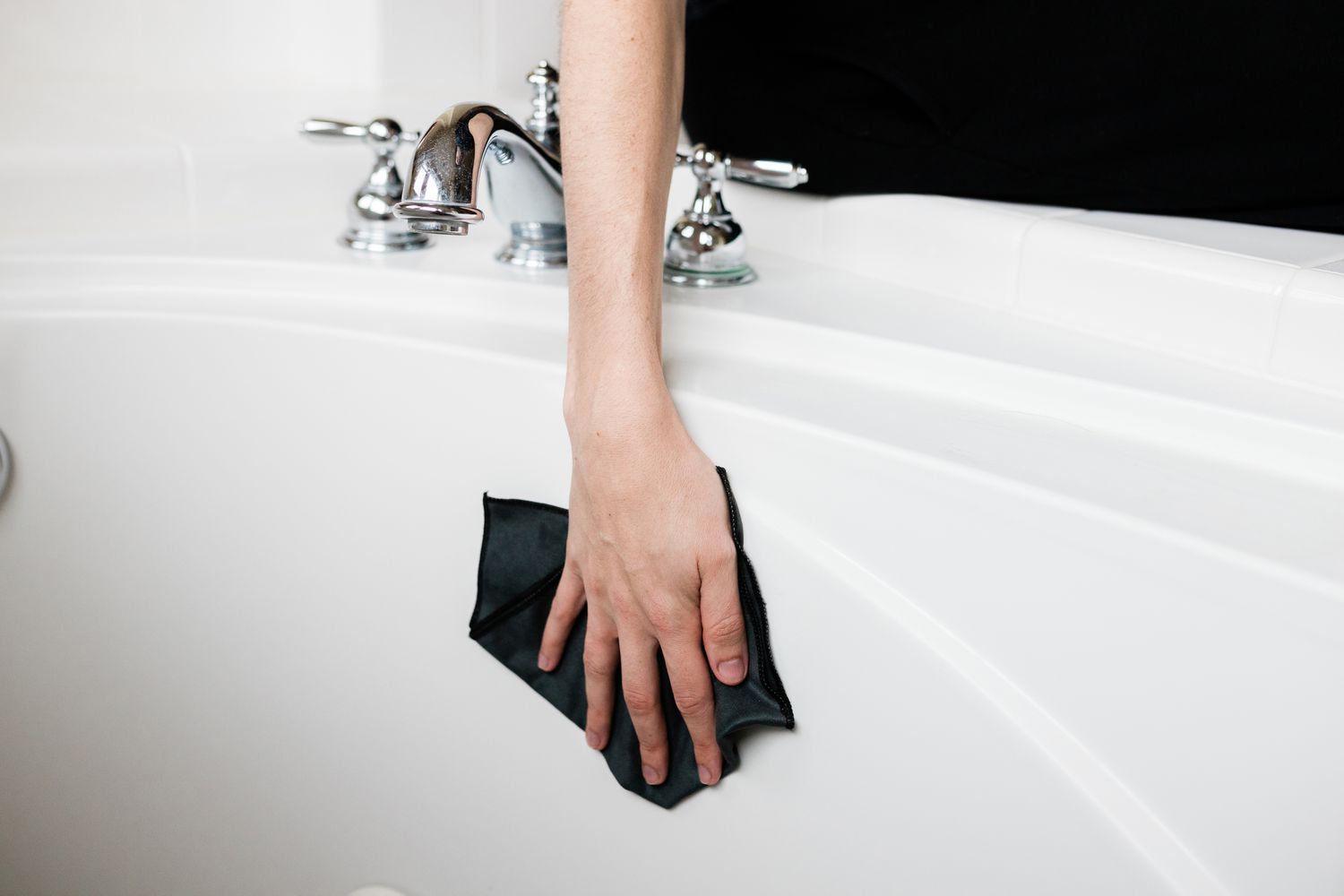
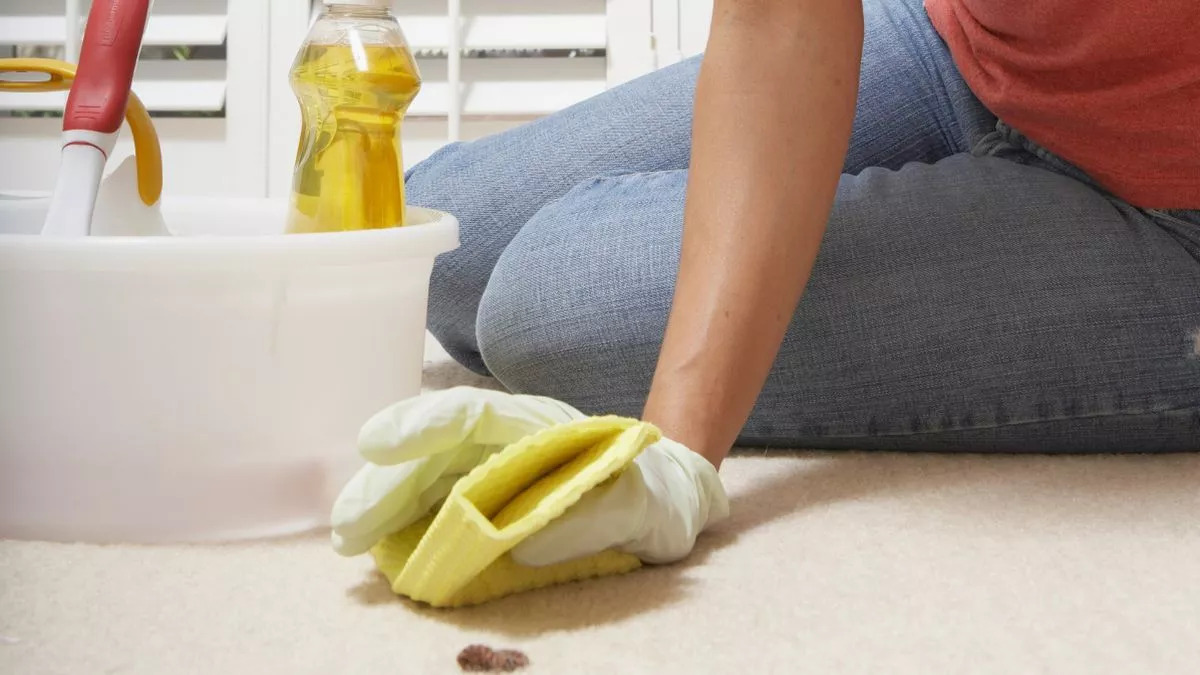
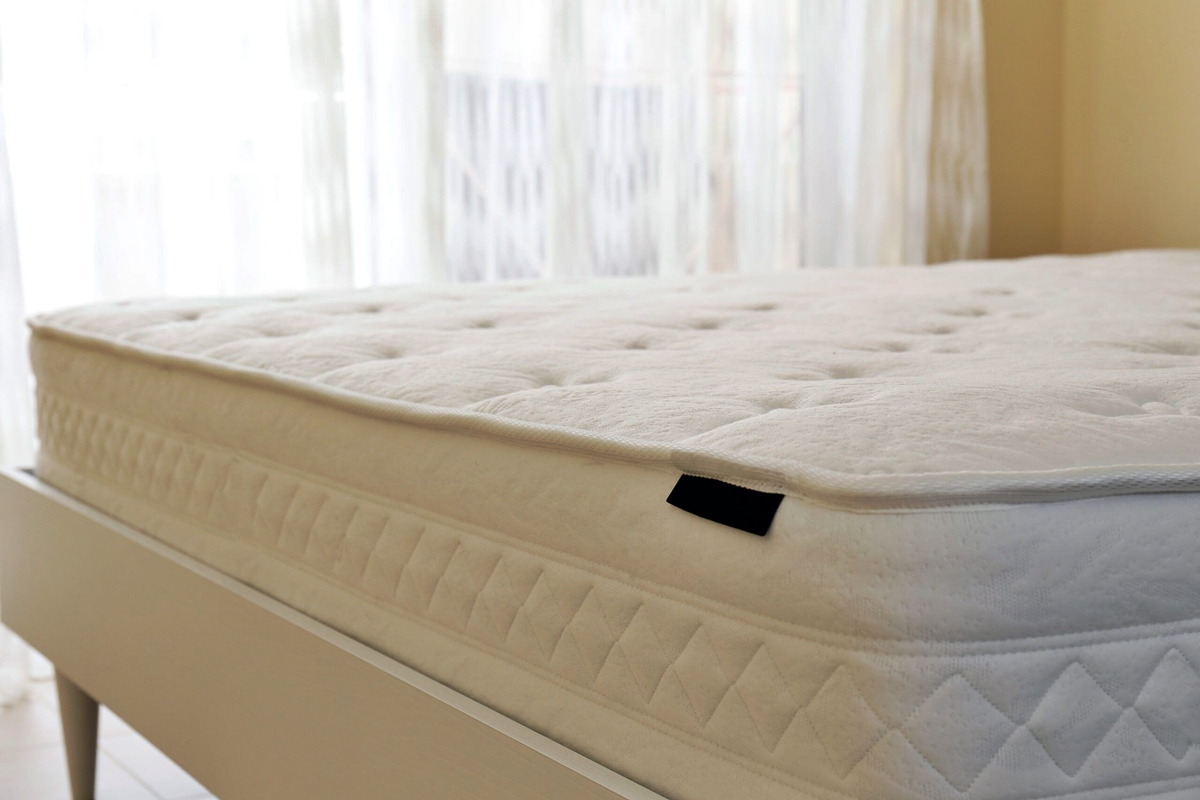
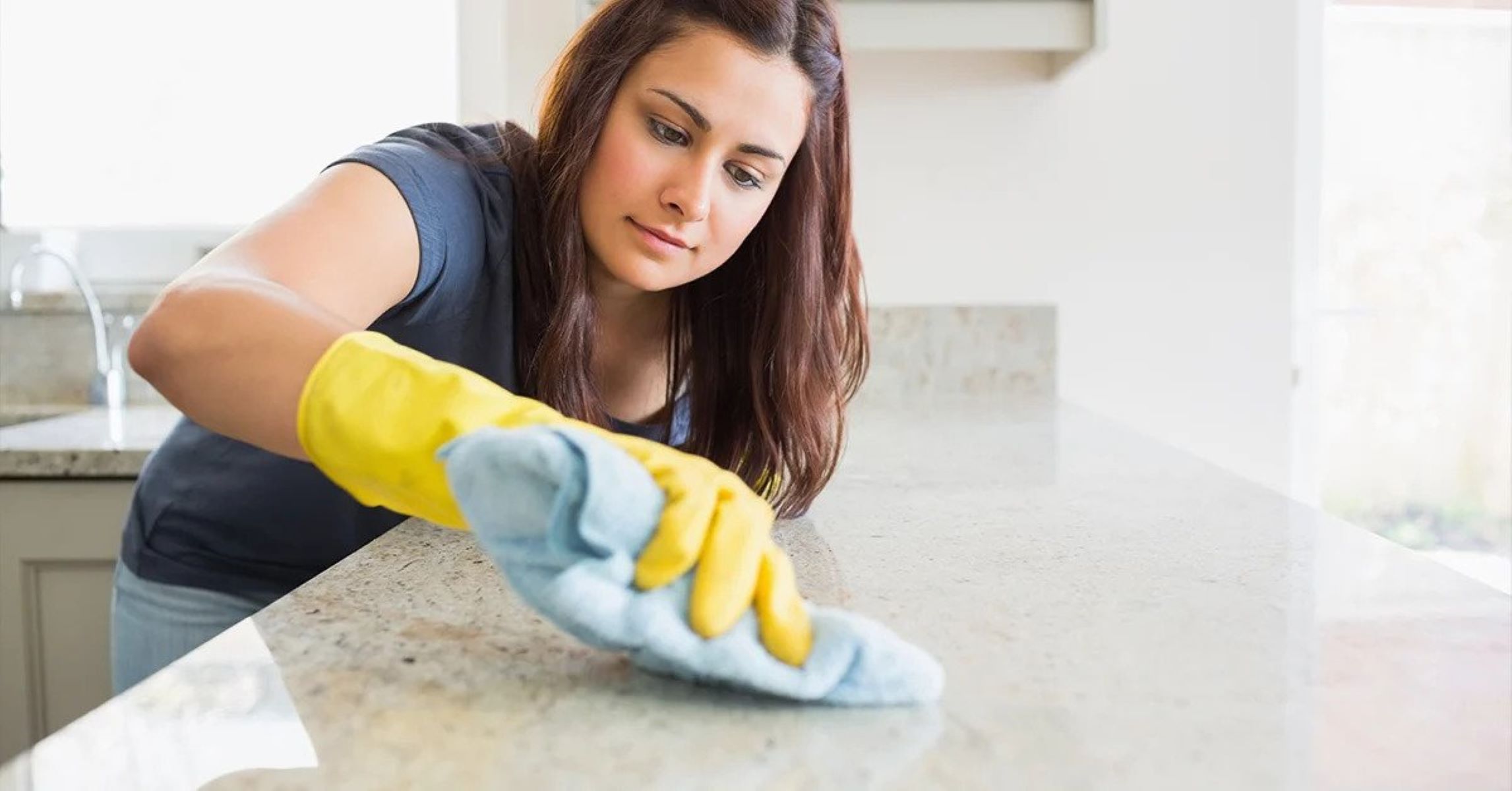
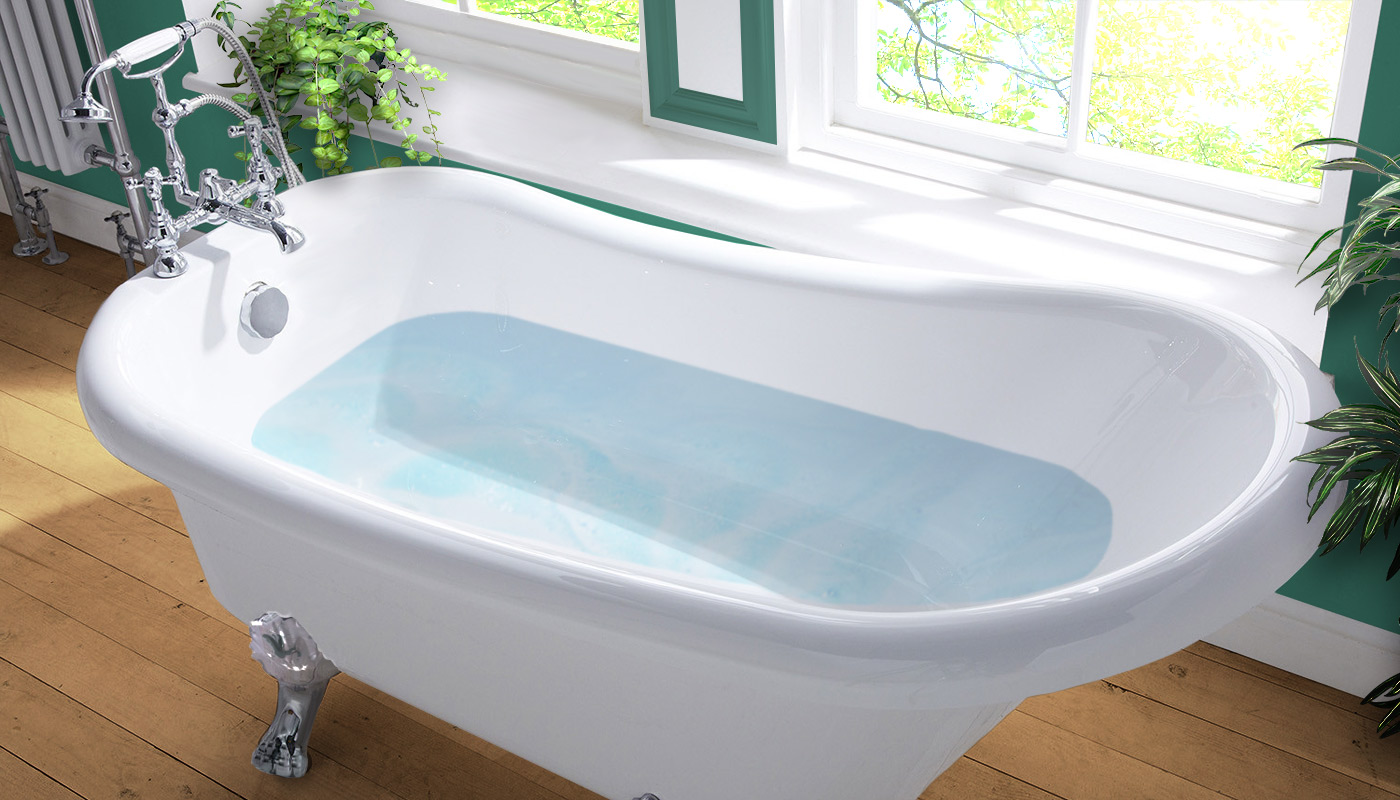
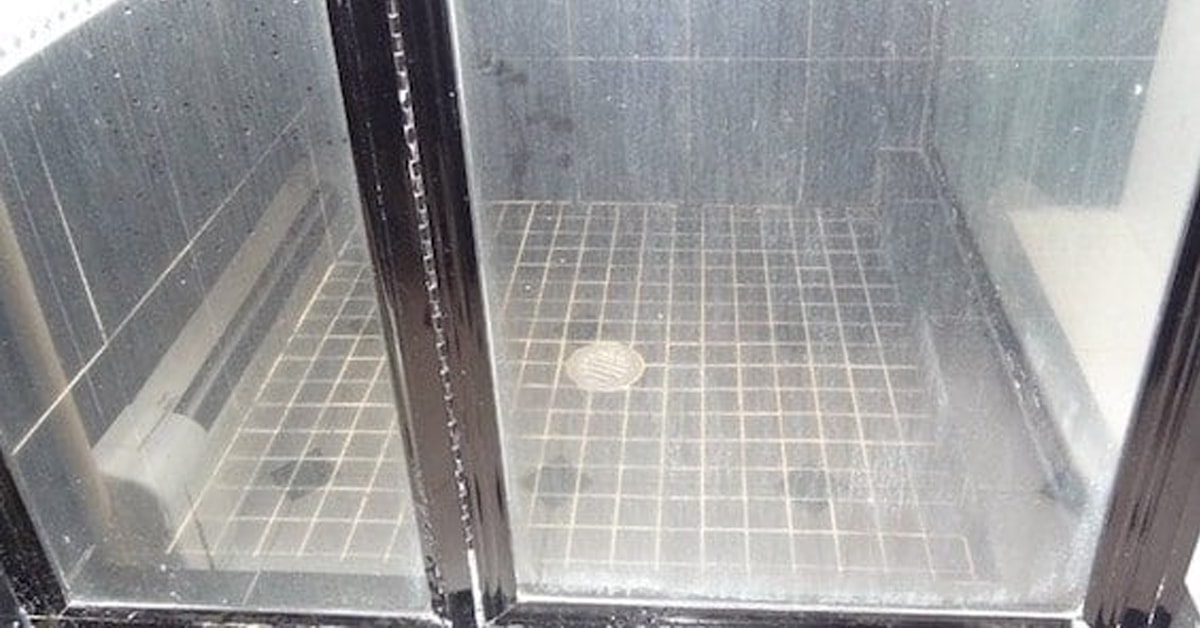
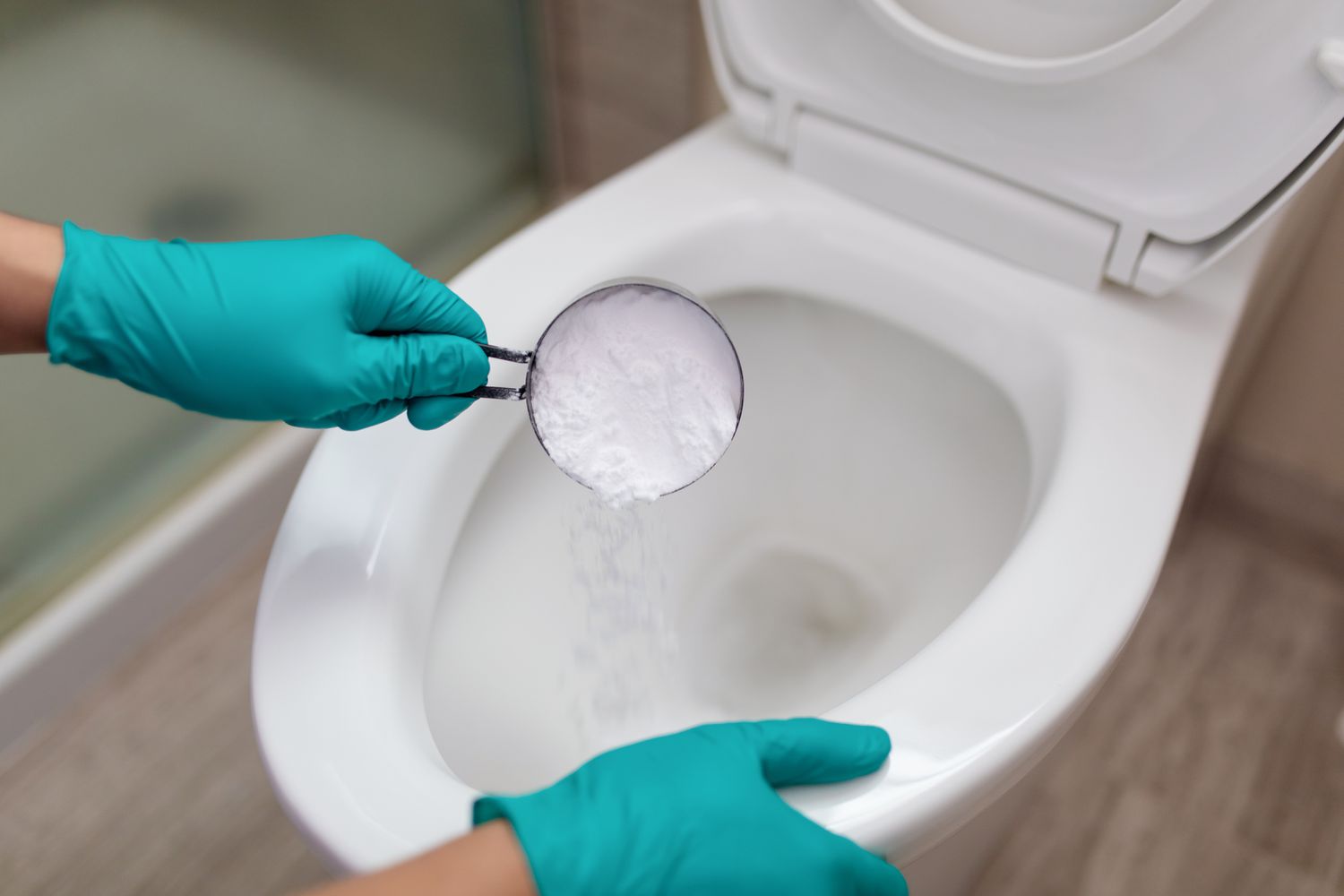
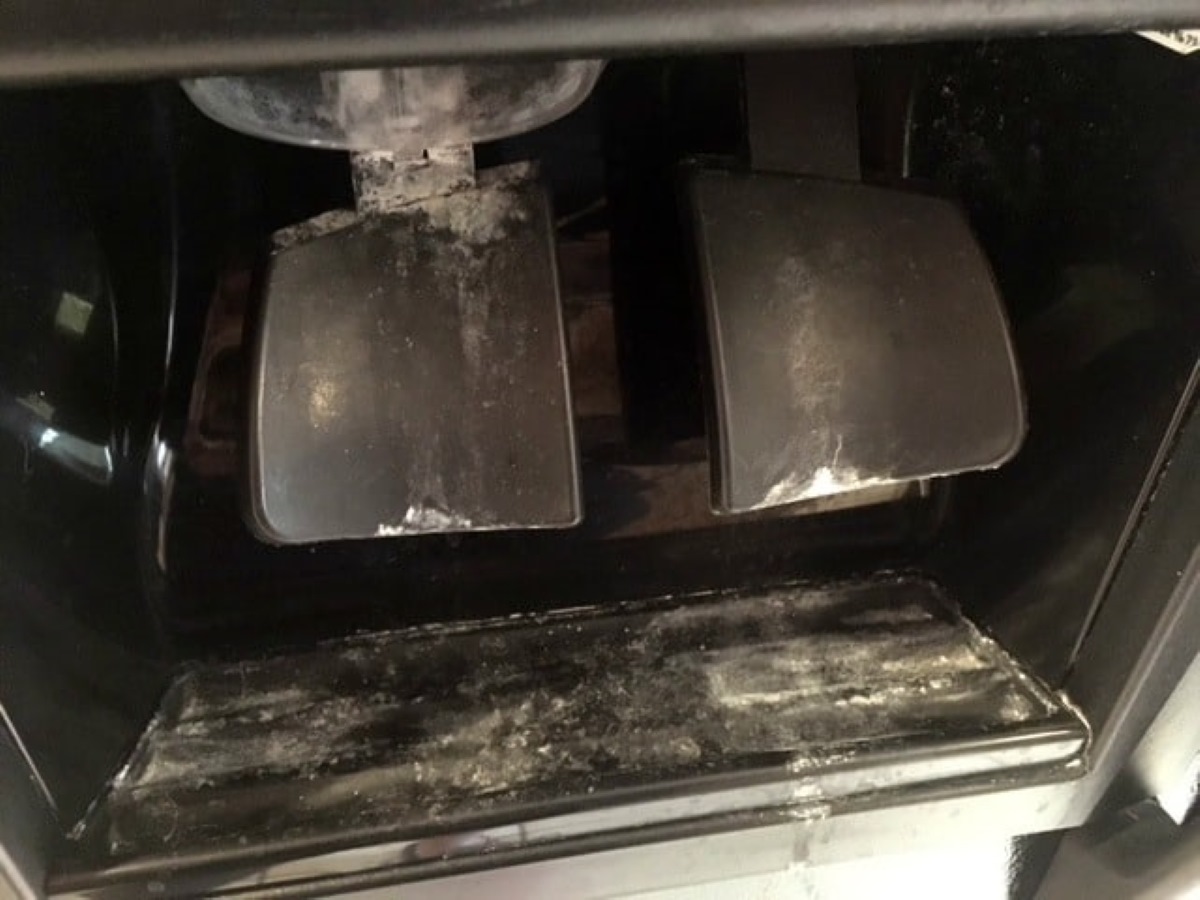

0 thoughts on “How To Get Hard Water Stains Off Bathtub”